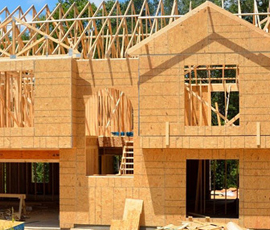Ultimate Guide On Homeowners Insurance
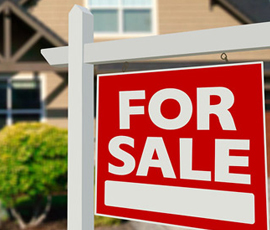
A home is likely one of the most significant purchases a person makes. Homeowners' insurance delivers peace of mind and protects personal property, belongings, and liabilities. While it isn't a law to have homeowners insurance, it is usually required if you have a mortgage and require funds from a lender. Homeowners insurance is protection for the lender and you.
Homeowners Insurance Vocabulary Guide
Here are some keywords that are integral to an understanding of homeowners insurance.
- Actual Cash Value - this term refers to the cost of repairing or replacing the damaged property with an identical/similar kind.
- Additional coverage - refers to extra coverage that can be added to the homeowners' insurance policy. For example, this might be necessary for fine jewelry, antiques, etc.
- Adjuster - The adjuster is the insurance company representative in charge of determining the extent of the insurer's liability for loss when a claim is submitted.
- Additional Living Expenses - this term refers to the part of the homeowners' insurance policy that reimburses accommodations, meals, etc. when the insurer's home is unlivable. (Damaged/undergoing repairs)
- Coverage - this refers to the range of protection that is provided under the insurance contract.
- Exclusion refers to specific situations or conditions that are not covered in the policy.
- Liability - The individual/personal responsibility through negligence, injury, or damage.
Who Should Have Homeowners Insurance?
This is a prevalent question! And the answer is simple. Anyone who has a home should have homeowners insurance. Homeowners insurance is something tangible that protects a home and its possessions against damage and theft. In addition, many lenders require homeowner insurance to approve funding for a mortgage.
What Does Homeowners Insurance Cover?
Insurance policies can be created and customized based on the insurers' needs and wants. However, a few standard elements of homeowners insurance are essential to understand. What coverage amount the homeowners' insurance is set at is different for each policy, but standard insurance covers a few main components.
- Interior and Exterior Damage
- Personal Liability For Damage or Injuries
- Additional Living Expenses (if applicable)
- The Deductible
Interior and Exterior Damage
This part of homeowners insurance usually covers damage caused by fire, hurricanes, hail, lightning, and more. However, floods, earthquakes, and damage caused by improper home maintenance are generally not covered in a standard policy. In some cases, additional policies can be purchased to protect the insurer.
Freestanding buildings such as a shed or garage may not be included in a standard homeowners insurance policy and sometimes require their policy for added protection.
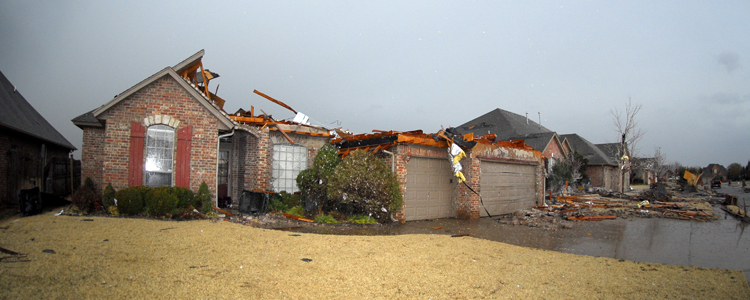
Personal Liability For Damage Or Injuries
This component of a homeowners insurance policy protects the insurer from potential lawsuits arising from damage or injury at the insured home or the guests. This includes dog bites, falls, and other various liabilities.
Additional Living Expenses
Additional living expenses are not a part of every homeowner's insurance policy and require extra reading and making sure you have it if that's what you want. These expenses refer to if the insurer is forced out of their home due to damage, or other covered cause, the insurance company reimburses hotel room charges, restaurant meals, and other qualified purchases. Remember that there are daily limits to additional living expenses. Typically a higher limit can be arranged for an increased premium.
Deductible
The deductible is the number of funds the insurer pays towards a claim before the insurance policy covers the remaining. The insurer can usually choose and is agreed upon before signing the homeowners' insurance policy.
Does homeowners insurance cover gutters?
A homeowners insurance policy typically covers the cost of all damages to the home (this includes gutters.)
Does homeowners insurance cover busted water pipes?
Standard homeowners insurance policies usually cover the cleaning, repair, and damage caused by a busted water pipe.
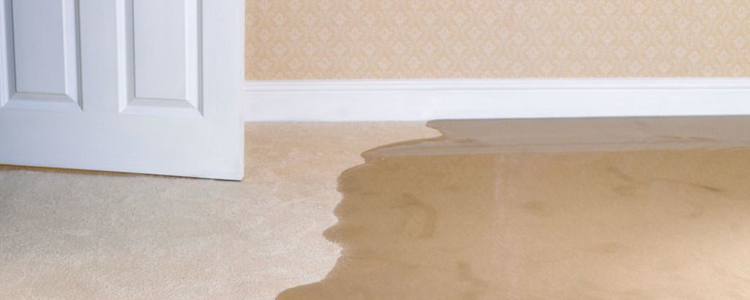
Homeowners Insurance For Rental
If you're renting a property, then the insurance you require is tenants' insurance. The homeowners' insurance protecting the property only protects the structure and not the belongings inside. Some rental agencies mandate tenants' insurance, but not all do. Unfortunately, it is expected that homeowners insurance covers the tenant's belongings.
How to file a homeowners insurance claim?
A homeowners insurance claim can be filed online, over the phone or in person at your insurance agency. Insurance agents work diligently to ensure the experience is as seamless as possible.
Thinking about buying or selling? Let’s get in touch!
Categories
Recent Posts
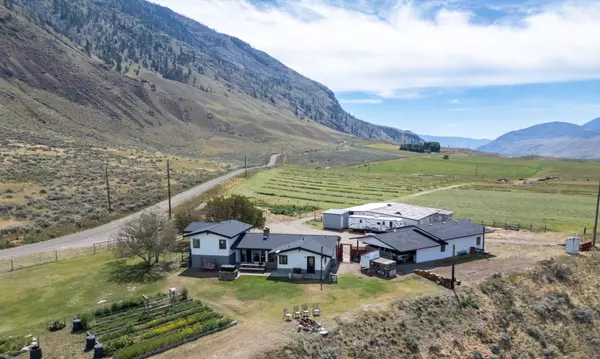
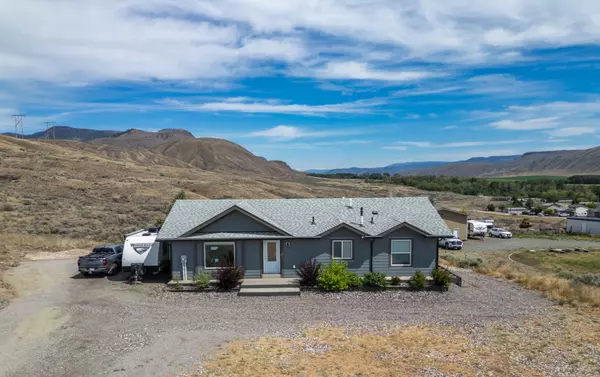
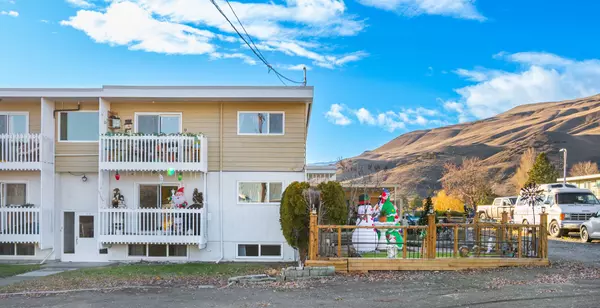
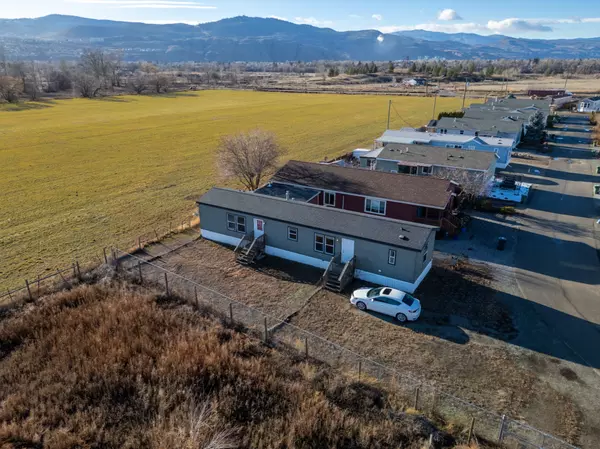
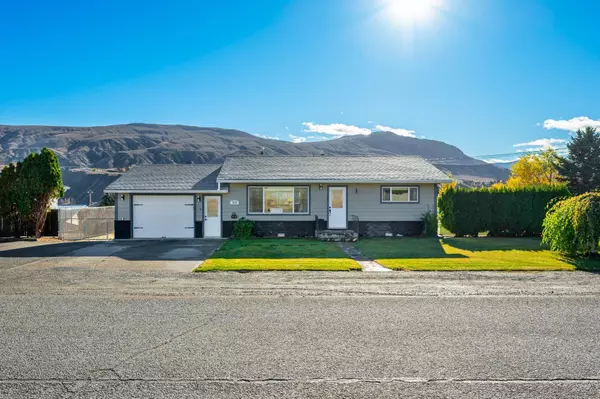





GET MORE INFORMATION

Kevin Scharfenberg
Personal Real Estate Corporation | License ID: 180491
Personal Real Estate Corporation License ID: 180491



